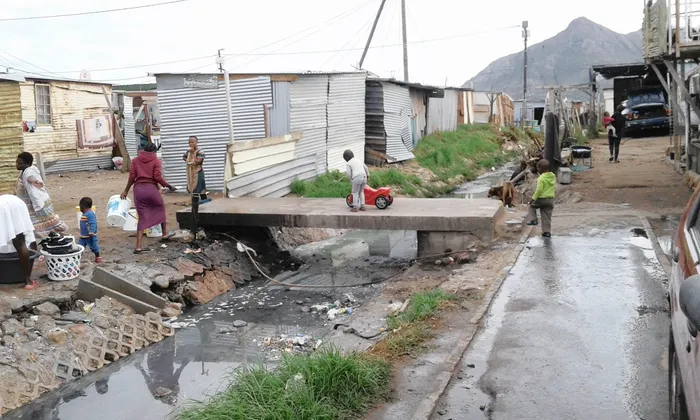Inequality report highlights why poor lack basic services

File photo: African News Agency (ANA) File photo: African News Agency (ANA)
Cape Town – A lack of funding has been cited as the reason most people in sub-Saharan Africa have no access to certain basic services.
Nearly 65% of the population in this region still have no access to electricity, while 37% continue to lack access to a water source, according to Oxfam's inequality report released earlier this week.
“Inadequate access to basic public services greatly increases the amount of time poor households spend on unpaid care tasks such as fetching water, collecting wood, and caring for the sick in the absence of good medical care near to their homes.
"Women's unpaid contribution to the health sector alone is estimated to be worth approximately 3% of GDP in low-income countries.”
It added that rather than being a drain on government budgets, investments in service delivery showed positive economic returns.
“Investing in care services creates jobs: recent research in six middle-income countries showed that investing 2% of GDP in strengthening health and care services could generate between 1 and 3% growth in overall employment.”
According to the General Household Survey report of 2017 released last year, satisfaction around water-related services has been eroding since 2005.
“The percentage of households connected to electricity from the mains increased from 76.7% in 2002 to 84.4% in 2017 while households that used electricity for cooking increased from 57.5% to 75,9%.”